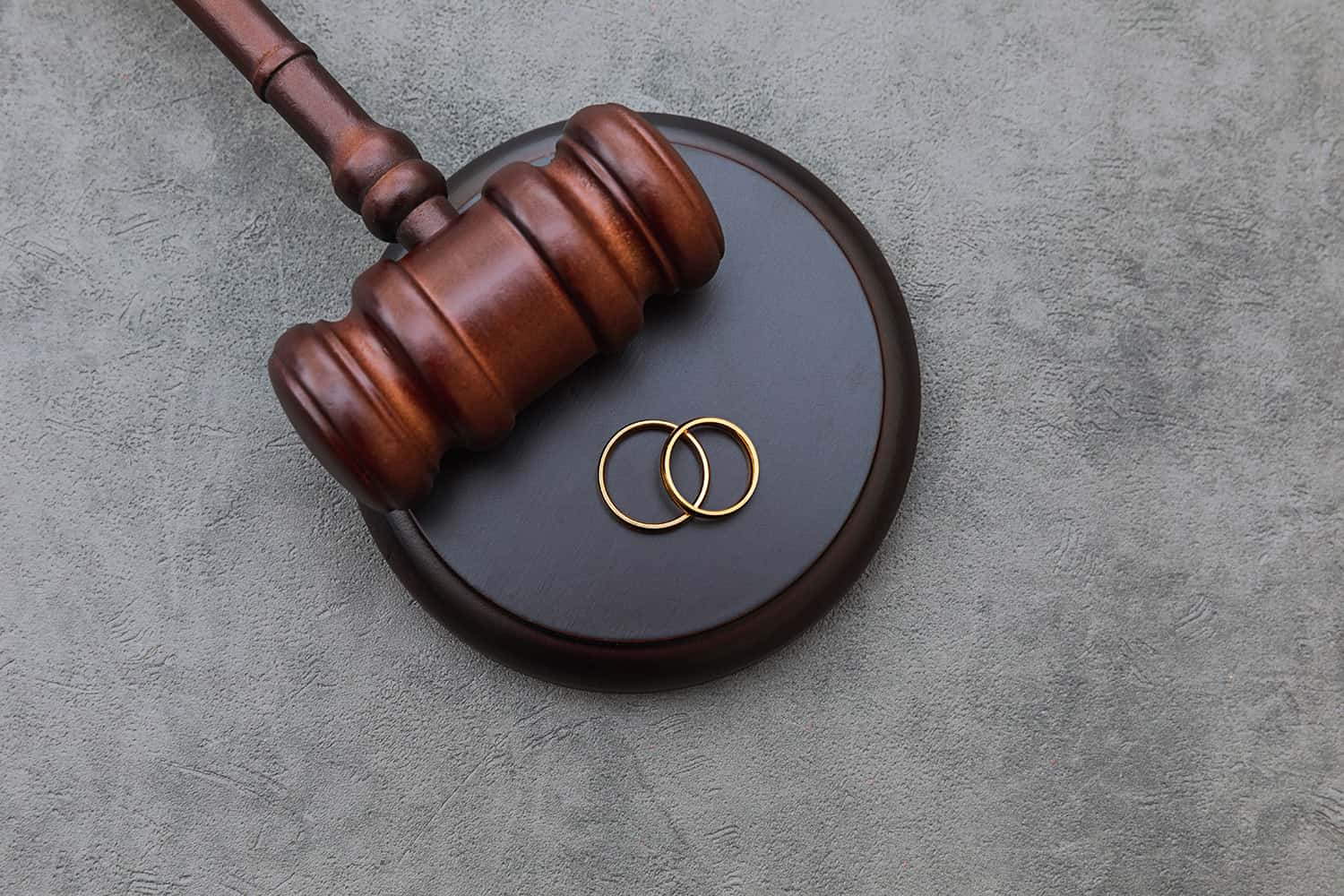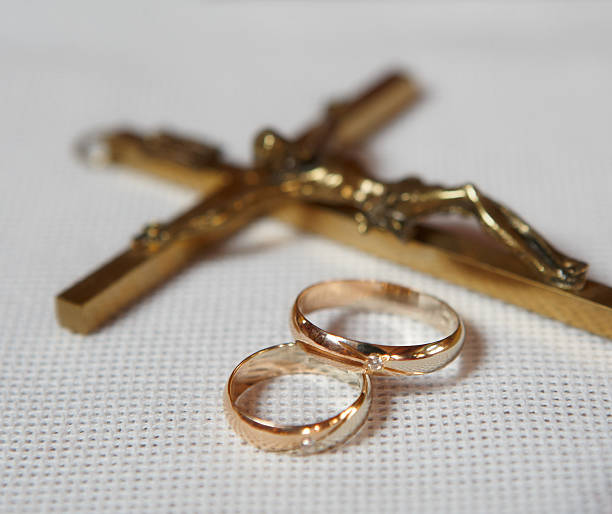Inter-Eparchial Marriage Tribunal
A Ministry of Healing
What Are You Looking For?
Contact us Today
Let’s Journey Together
The Process Step-by-Step
Information on what to expect
Frequently Asked Questions
Further Information to assist you
A Message of Welcome
We welcome you to our tribunal website where we hope you find answers which will better facilitate this process for you. This website may not answer all your questions, so please feel free to reach out to us directly whether by phone or email!
We are here to assist, we are here to serve, we are here to accompany. During this difficult time, we pray that you will stay close to the Lord and His Church knowing that you can draw strength from our prayers and support.
We are praying for you!
Sincerely in Christ, the Merciful Lord,
The Tribunal Staff.

The Process Step-by-Step
1. Initial contact with Tribunal or Parish Priest for an application form.
2. Submission of application form to the Tribunal office with a possible follow-up requesting additional documents.
3. A letter to your former spouse inviting them to participate in the process (Please see FAQs tab for more information on why this step is necessary).
4. An invitation for an interview with your Case Instructor
5. An invitation for an interview with the Case Instructor sent to your former spouse.
6. Interviews with Witnesses that are named in the case
7. A final gathering of all documents and then the Publication of the Acts (which merely means that both parties are invited to make an appointment with the Case Instructor to review all of the testimony collected in the case. This is optional.)
8. Case sent to the Defender of the Bond whose job is to make sure the Tribunal followed all the necessary steps and to write a brief for the case.
9. Case sent to one Priest-Judge of the Tribunal for review and a final decision.
Frequently Asked Questions
Have any further questions? Feel free to contact us.
Why do I need to first be divorced before I apply for a Declaration of Nullity?
The civil divorce proceedings can bring many layers of heartache and complexity. In some cases, spouses part amicably, but in other cases, the separation and divorce can be quite tumultuous. We do not want to add yet another layer of complexity with this Declaration of Nullity process. Moreover, this process is meant to facilitate healing, perhaps even putting the final period at the end of this chapter. If one is deep into the pains and sorrows of civil divorce proceedings, this process will only add further stressors. In many cases, there is a healing that needs to be reached even before one feels able to approach the Tribunal for this process.
Why does my former spouse need to be contacted? Do I have to contact them myself and will I be seeing them again as part of this process?
To the second question, no, we do not ask you to be the one to contact your former spouse unless the relationship is already established and amicable. Neither will you have to see your spouse again as part of this process. To the first question, especially in those cases when the relationship broke up due to difficult circumstances, there is an inherent right of defense that the other party enjoys. As we know, marriage is a complex reality and both husband and wife will have an opinion about what led to the breakdown. As opposed to being a case of “he said, she said,” we instead try to keep the interviews focused on concreate questions and answers. As the Plaintiff, you have a right to ask the Church Tribunal to study your previous marriage in the hopes that it might grant a Declaration of Nullity. Similarly, the Respondent (your former spouse) has a right to a defense and to give their own opinion if they so desire.
I already have a civil divorce and am not Catholic. Why do I need to go through this?
If this is the case, chances are that you are now with a Catholic person and they desire to get married in the Catholic Church and you have therefore been directed to this website. In that case, we must look at both parties who are requesting a future marriage in the Catholic Church and ask whether they are “free” to marry. To answer that question, we look at both parties and ask whether either party was previously married in any way, shape, or form. We take seriously that a man and a woman, at the time of their marriage together, mean what they say and say what they mean. That is, on the day of their wedding, they mean to commit themselves to each other for life despite what may come about. That is the presumption of all marriages until the contrary is proven. Moreover, for marriages between two people who are baptized (even if not baptized Catholic), that marriage is also considered a Sacrament – meant to convey the outward presence of Christ working in and through the bond of marriage.
In this way, we really do like to speak about a bond of marriage, not just a contract. A contract can be amended, altered, or even terminated if one or both parties do not keep their end of the deal. However, Marriage in the eyes of the Catholic Church is called a covenant because man and woman commit themselves to each other for life. When God entered covenants with his people in the Old Testament, and as Christ established the New and Everlasting Covenant in the New Testament, God always held up His end of the deal even when the people did not. In marriage, which is both a Sacrament of the Church and a natural institution of the joining of man and woman into one body, Christ promises to be intimately involved in the communion of life shared between husband and wife. The permanence and fidelity of marriage is a symbol of God’s permanence and fidelity to all His people. For better or worse, richer or poor, in sickness and in health – God’s presence remains committed to that bond of marriage until death. Therefore, in some cases, it is possible that the bond of marriage endures even if the husband and wife have separated, divorced, and even civilly remarried another person.
Does a Declaration of Nullity establish that a marriage never existed? What about our children?
In answering this question, we must distinguish between the sacramental bond of marriage and the civil effects of marriage. The wedding day, besides being the basis for the establishment of the sacred bond of marriage, is also usually witnessed by someone who holds a license to witness the civil effects of marriage. While the civil effects of marriage are usually always established, the sacred bond of marriage might not always be attained (though it is presumed to have been established). The granting of a Declaration of Nullity says that, while the semblances of marriage were carried out (the parties entered the marriage in good faith, perhaps having children, a common home, shared marital experiences), the sacred bond of the marital covenant was never established. As for children, the Church makes no declarations concerning whether a child is “legitimate” since we believe that both parties entered the marriage in good faith, and the children which came forth remain a gift from God.
What are some of the factors that could prevent that sacred bond from being established?
There are several factors that can be considered here, some of which depend on one’s baptismal status. For example, Catholics must marry before a Priest and two witnesses as the ordinary means of bringing the marital consent to bear. Everyone else is expected to make a free act of the will in consenting to marriage by following civil provisions. Some of the questions we might ask are: Were you forced to marry the person due to a pre-martial pregnancy or because you were financially dependent on that person such that without them you could not survive? Did you have adequate discretion of judgment (i.e. maturity), weighing the supreme choice of marriage not only as a bond for life but a bond with only this one person for the rest of your life? Were you impaired by a grave psychological incapacity (alcohol or drug abuse, pornography, gambling, mental health issues, etc.)? Some of these issues could prevent the sacred bond of marriage from being established even though the threshold for the civil effects is reached.
I am a divorced Catholic. What is my “status” in the Church? Am I still part of the Church community?
Of course! Pope Francis, in Amoris Laetitia reminds us, “divorced people who have not remarried, and often bear witness to marital fidelity, ought to be encouraged to find in the Eucharist the nourishment they need to sustain them in their present state of life” (n. 242). Many times, one’s church community and Pastor can be a help and support in these difficult times of need.
What should I expect throughout this process?
We take very seriously, and with great respect, your willingness to present the facts of a previous marriage for study in the Tribunal to put the final period at the end of this chapter. In other cases, there are people who totally disagree with this process but do it for a Catholic party whom they wish to marry. We deeply respect and understand this position, too. At the outset, you can expect to gather some paperwork relevant to the marriage (marriage registration, final divorce decree, baptismal records, etc.). There will also be a detailed interview with one of our Case Instructors which will take place, generally speaking, in the office at the Ukrainian Catholic Pastoral Center (9645 – 108 Avenue, Edmonton, Alberta). While many people work in the Pastoral Centre offices, no other person will be present in the interview except yourself and the Case Instructor (unless a translator is needed).
Why do I need to name witnesses?
The purpose of witnesses in these cases is to corroborate the testimony of the parties, namely, the Plaintiff and Respondent. The interviews for the witnesses are much less extensive than those of the Plaintiff/Respondent but are also of great importance. In some cases, witnesses can even offer pertinent information of the history of the marriage that the parties forgot to mention. This can be a great benefit in the overall search for the truth that we undertake. Remember, these are not character references, but rather, these are people who have generally known the parties for many years and can speak about the major problems prior to and after the marriage.
Can I make future plans to marry in the Catholic Church before this process is completed?
Permission to remarry in the Catholic Church cannot be guaranteed by anyone before this process is completed. Sometimes, as a condition of remarriage, counseling will be required, and a report provided to the parish minister preparing a couple for the new marriage. No plans for a future marriage, not even a tentative date, may be made with the Priest until such time as a Declaration of Nullity is given and any conditions are satisfied.
How long does this take? Can I make future plans to marry in the Catholic Church before this process is completed?
The timeframe can never be guaranteed, but we try to process cases within 3-6 months of accepting your Petition. Permission to remarry in the Catholic Church cannot be guaranteed by anyone before this process is completed. Sometimes, as a condition of remarriage, counseling will be required, and a report provided to the parish minister preparing a couple for the new marriage. No plans for a future marriage, not even a tentative date, may be made with the Priest until such time as a Declaration of Nullity is given and any conditions are satisfied.
I still have questions or concerns that have not been answered. What can I do?
If you are comfortable, you may consider having a discussion with your local Pastor or with another Priest whom you trust. While the Tribunal personnel are also here to accompany you, Priests, too, can be a most important part of this journey especially if you plan to marry again in the future. Perhaps there are older children from the previous marriage; these, too, may need the help of the Church during this difficult time. If you are unsure of how to contact a Priest in your area, or if you just want more general information, please phone (780-424-5496) or email (tribunal@eeparchy.com) and we can assist you! We wish you every grace and blessing as you discern these next steps.
Is there a fee for this process?
Since the examination and the judgment of your case will involve considerable time and effort on the part of the Tribunal, the standard fee for 2020 is set at $525.00. It should be noted that this fee only covers a fraction of the actual cost, the remainder of which is absorbed by the Ukrainian Catholic Eparchy of Edmonton. We never turn people away from applying for this process if they are unable to pay.
Our Canon Lawyer
John Vizza, a canon lawyer for the Eparchy of Edmonton, joins Left Footers – the online talk show about culture and Catholics. What makes a marriage valid in the Catholic Church? What is an annulment? Could the Pope be impeached? He takes all those questions and more.
Let’s Journey Together
Let us know how we can help…

Connect with our canon lawyer, Father John Vizza with the contact form below, or contact 780-426-4176 or tribunal@eeparchy.com

